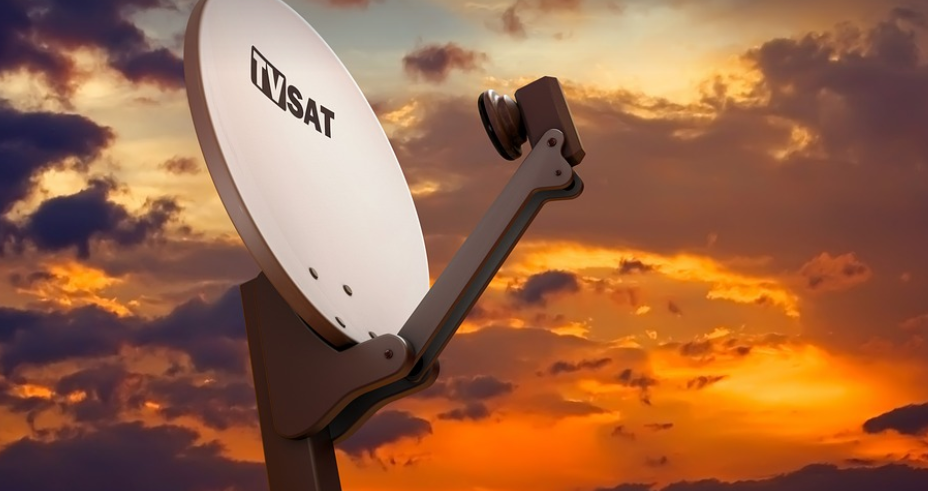Understanding the Heart of your Jeep
Your Jeep Grand Cherokee is a reliable workhorse, offering power and capability in equal measure. But like any machine, its smooth operation hinges on essential fluids, with transmission fluid playing a vital role. This lifeblood keeps gears turning smoothly, allowing for effortless shifting across diverse terrains.
Understanding how critical this fluid truly is requires delving into the inner workings of your Jeep’s transmission.
The Powerhouse Behind Smooth Shifts: Transmission Fluid Basics
Every time you shift gears in your Jeep Grand Cherokee, the magic of smooth operation happens because of a carefully engineered and precisely formulated fluid: engine oil. It acts as a lubricant for all moving parts within the transmission, reducing friction and wear. This is crucial for extending its lifespan and preventing premature breakdowns.
Transmission fluid, unlike engine oil, is specifically designed for high-pressure applications in the transmission system.
The Golden Ratio: Finding the Right Transmission Fluid
You might be wondering, “How often should I change this fluid?” Like any machine part, your Jeep’s transmission needs regular maintenance. While there’s no one-size-fits-all approach, understanding the crucial role of fluid type and viscosity is key to maintaining optimal performance.
Transmission fluid should be tailored to the specific model year and engine of your Jeep Grand Cherokee.
Choosing the Right Transmission Fluid: A Comprehensive Guide
Several factors go into choosing the right transmission fluid for your Grand Cherokee, including:
- Your Jeep’s Model Year: Consult your owner’s manual to find out what type of fluid is recommended.
- Consult a Mechanic: A professional can advise you on the best options based on your specific needs and driving conditions.
The Importance of Regular Fluid Changes
Just like engine oil, transmission fluid needs regular changes. This ensures that your Jeep’s transmission continues to perform at its peak.
Regular maintenance is crucial for optimal performance. Ignoring even minor fluid leaks can lead to serious problems down the road.
Over time, transmission fluid can break down and lose its lubricating properties, leading to slipping gears and reduced shifting smoothness.
A Step-by-Step Guide to Changing Your Transmission Fluid
Performing a transmission fluid change is not complex; it’s simply about maintaining your Jeep. To ensure success, follow these steps:
- Consult your owner’s manual for specific procedures and recommendations on the type of tools you’ll need.
- Gather all necessary supplies before starting—drain pan, new transmission fluid (check your owner’s manual for the correct viscosity), a wrench (for disconnecting drain plug), and a funnel.
- Warm up your Jeep to allow for optimal fluid flow before you begin.
- Locate the transmission fluid dipstick and check the level.
Addressing Common Transmission Issues
While regular maintenance can significantly reduce the occurrence of problems, it’s essential to be aware of potential issues that may arise. Here are some common concerns:
**Overheating:** The most obvious sign is a burnt smell or unusual sounds emanating from the transmission. If this occurs, it’s crucial to seek professional help immediately.
**Leaks:** Small leaks can go unnoticed until they become major issues. Keep an eye out for any signs of fluid leakage under your vehicle after driving.
Maintaining Smooth Shifting: A Lifelong Connection
Conclusion: Your Jeep’s Secret Weapon for Smooth Riding
In the world of automobiles, few fluids carry as much weight as transmission fluid. This specialized liquid is not only responsible for smooth gear shifts but also ensures your Grand Cherokee’s longevity and performance. By remembering to regularly change this fluid, you can keep your Jeep running like a dream for years to come.
Pro Tips: Keeping Your Jeep Running Smoothly
* **Check your Fluid Level:** Always ensure the transmission dipstick is at the recommended level. * **Pay Attention to Unusual Sounds or Smells:** Don’t ignore any unusual noises coming from the engine. If you notice a burning smell, contact a mechanic immediately. * **Drive Responsibly:** Avoid sudden acceleration or braking, as these actions put extra strain on your transmission and can accelerate wear and tear. * **Regular Maintenance is Key:** Stay ahead of potential issues by sticking to a regular maintenance schedule. Let me know if you want the article in HTML format!


